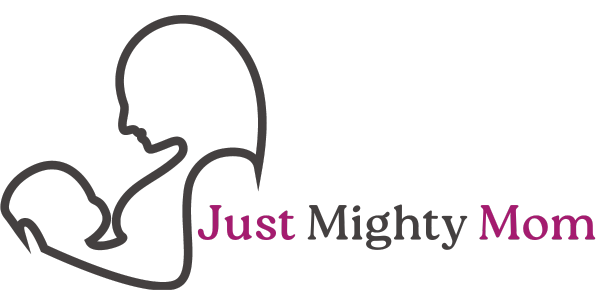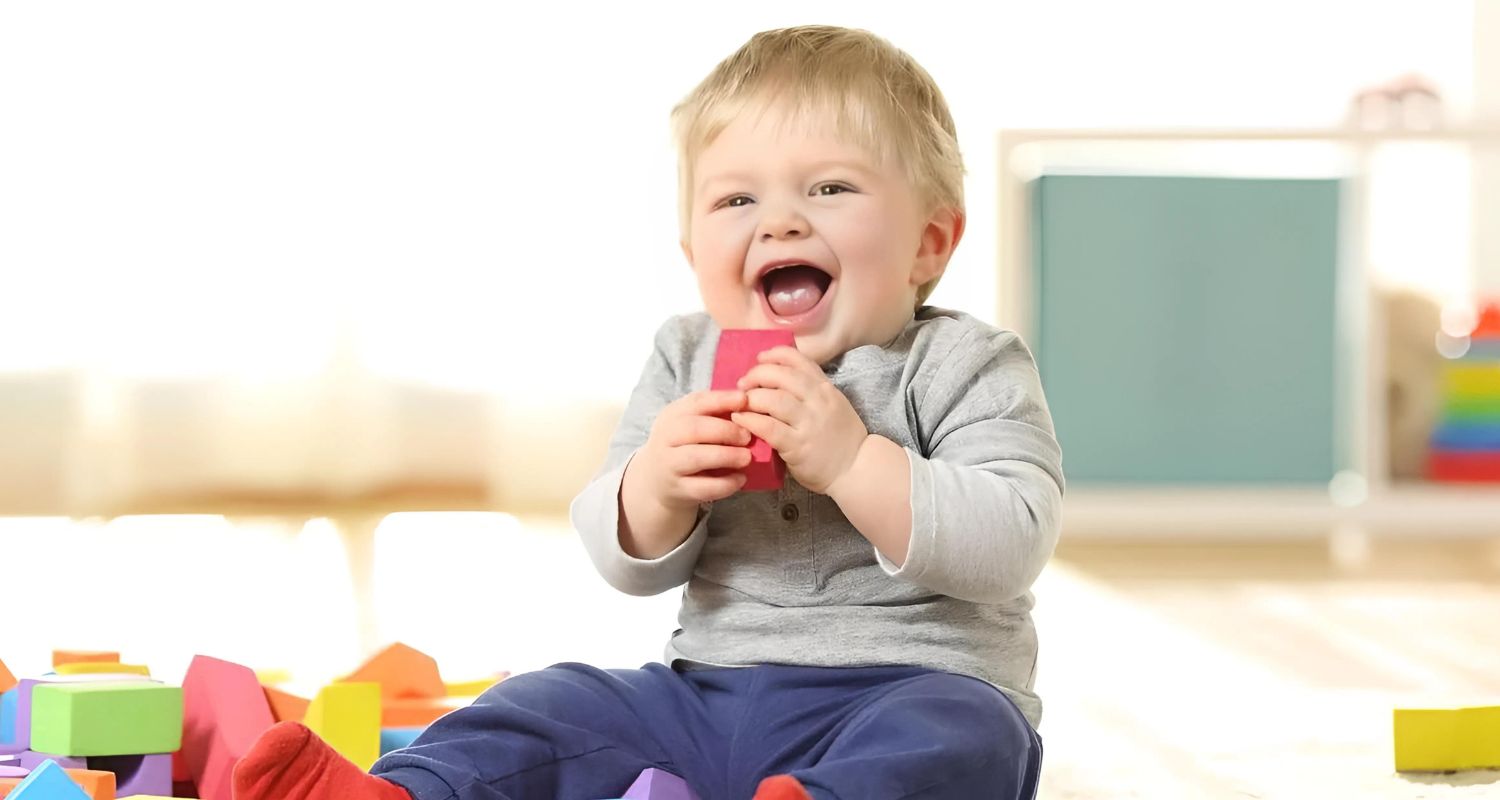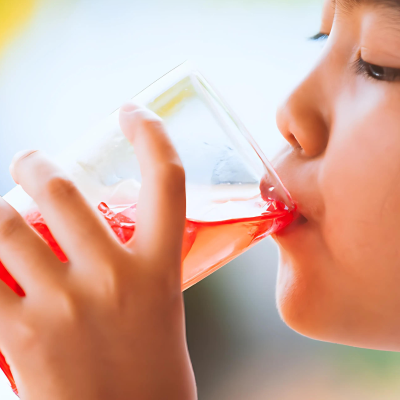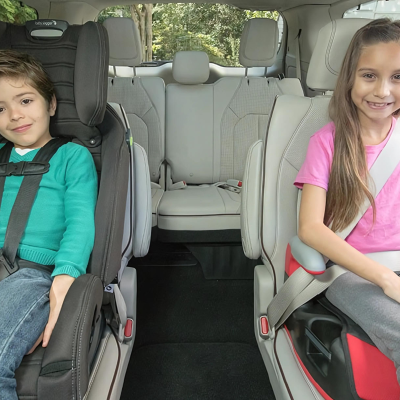The utterance of “Mama” and “Dada” is one of the most anticipated milestones in early child development. These first words hold a special place in the hearts of parents and are a significant indicator of a baby’s language development. Understanding when and why babies say these words, and what it means for their overall growth, can help parents support their child’s journey through early communication.
This comprehensive article explores when babies typically start saying “Mama” and “Dada,” the developmental milestones associated with these words, and how parents can encourage language development. It also addresses common concerns and provides insights into the factors that influence early speech.
The Developmental Timeline for Saying “Mama” and “Dada”
While each baby develops at their own pace, there are general age ranges and developmental stages associated with saying “Mama” and “Dada.” Here’s a look at what to expect:
1. Early Vocalizations (0-6 Months)
In the first few months of life, babies produce a range of vocalizations including cooing, babbling, and making sounds of pleasure or distress. These early sounds are not yet words but are crucial for language development.
- Cooing (0-3 Months): Babies start cooing around 6 to 8 weeks of age. These are soft, vowel-like sounds that are the precursor to more complex vocalizations.
- Babbling (4-6 Months): Around 4 to 6 months, babies begin babbling. This involves repeating consonant-vowel combinations like “ba-ba” or “da-da.” While not yet meaningful, this babbling is an important step toward forming real words.
2. First Words (6-12 Months)
As babies approach their first birthday, they start to use their babbling sounds more purposefully, and you might hear the first recognizable words.
- Around 6-9 Months: Babies may begin to say repetitive sounds like “ma-ma” or “da-da,” but they may not yet attach these sounds to specific meanings or people.
- Around 9-12 Months: Many babies start to use “Mama” and “Dada” more intentionally, often directing these words toward their parents. This is usually when the words start to have meaning and become more consistent.
3. Expanding Vocabulary (12-18 Months)
By 12 to 18 months, most babies have a small but expanding vocabulary. They begin to use “Mama” and “Dada” more appropriately and may start adding other words to their repertoire.
- 12-15 Months: Babies may use “Mama” and “Dada” to call their parents more consistently and start using them in other contexts, such as during play or when they need something.
- 15-18 Months: Vocabulary expands to include more words and simple phrases. “Mama” and “Dada” become part of a larger communication system as babies start to understand and use more words.
The Significance of Saying “Mama” and “Dada”
Saying “Mama” and “Dada” is more than just adorable; it signifies important developmental milestones in a baby’s growth.
1. Social and Emotional Development
When babies say “Mama” and “Dada,” they are starting to form connections between sounds and people. This early use of names for parents indicates that the baby recognizes and values these relationships. It’s a sign of social and emotional development as babies begin to understand that people around them have names and specific roles.
2. Cognitive Development
The ability to say “Mama” and “Dada” reflects cognitive development. It shows that the baby is starting to understand that words are symbols for objects and people. This is a crucial step in language development, as it involves associating sounds with meanings and intentions.
3. Communication Skills
Saying “Mama” and “Dada” is an early form of communication. It represents the baby’s growing ability to use words to express needs, emotions, and recognition. As babies start using these words, they also begin to understand the basics of communication, including turn-taking and responding to others.
Factors Influencing When Babies Say “Mama” and “Dada”
Several factors can influence when a baby starts saying “Mama” and “Dada.” These include:
1. Individual Developmental Pace
Each baby develops at their own rate. While some babies might say “Mama” and “Dada” earlier, others may take a bit more time. Individual differences in developmental pace are normal and influenced by a variety of factors, including genetics and temperament.
2. Parental Interaction
The frequency and type of interaction with parents can impact when a baby starts using these words. Babies who experience a lot of verbal communication and interaction from their parents are more likely to start speaking earlier. Engaging in conversations, reading aloud, and naming objects can all contribute to early language development.
3. Exposure to Language
Exposure to language plays a crucial role in speech development. Babies who are regularly spoken to, read to, and involved in verbal interactions are more likely to develop language skills, including saying “Mama” and “Dada,” sooner.
4. Cultural Differences
Cultural practices can also influence language development. In some cultures, there may be different expectations or practices regarding early speech development. However, the general milestones of saying “Mama” and “Dada” are similar across cultures.
5. Hearing and Speech Development
Hearing and speech development are closely linked. Babies who have hearing impairments or speech delays may start saying “Mama” and “Dada” later than their peers. Early detection and intervention are important for addressing any potential issues.
How to Encourage Your Baby to Say “Mama” and “Dada”
There are several strategies parents can use to encourage their baby to say “Mama” and “Dada” and support their overall language development:
1. Modeling the Words
Regularly use “Mama” and “Dada” when interacting with your baby. For example, say “Mama is here” or “Dada loves you” during everyday activities. This helps your baby associate these sounds with their meaning and reinforces their use.
2. Positive Reinforcement
When your baby attempts to say “Mama” or “Dada,” offer enthusiastic praise and encouragement. Positive reinforcement can motivate your baby to keep practicing and using these words more frequently.
3. Interactive Play
Engage in interactive play that involves naming objects and people. For instance, use toys that represent family members or everyday objects and repeatedly use the names associated with them. This helps reinforce word associations and encourages speech development.
4. Reading Aloud
Reading aloud to your baby is a powerful way to support language development. Choose books with simple, repetitive text and use expressive language to capture your baby’s attention. Point to pictures and say the names of characters or objects to help your baby learn new words.
5. Responsive Communication
Respond to your baby’s vocalizations and gestures with verbal communication. Engage in conversations, even if your baby isn’t yet using recognizable words. This helps create a communicative environment and supports the development of early language skills.
6. Social Interaction
Encourage social interaction with other family members and caregivers. The more opportunities your baby has to hear and use language in different contexts, the more likely they are to start saying “Mama” and “Dada.”
What If Your Baby Isn’t Saying “Mama” and “Dada”?
If your baby hasn’t started saying “Mama” and “Dada” by the typical age range, it’s important to remember that every baby develops differently. However, there are a few things to consider:
1. Evaluate Other Milestones
Consider whether your baby is meeting other developmental milestones. If your baby is making progress in other areas, such as motor skills, social interactions, and understanding of simple commands, it may simply be a matter of time before they start using these words.
2. Increase Verbal Interaction
Ensure that your baby is exposed to plenty of verbal interaction. Engage in regular conversations, read to your baby, and provide opportunities for them to hear and practice language. Sometimes increasing exposure to language can help encourage early speech.
3. Consult a Healthcare Professional
If you have concerns about your baby’s speech development or if there are other signs of developmental delays, it may be helpful to consult a healthcare professional. Early intervention can be important for addressing any potential issues and supporting your baby’s development.
4. Trust Your Instincts
As a parent, you know your baby best. If you’re concerned about their development, don’t hesitate to seek advice. A healthcare professional can provide guidance and reassurance, and help determine if any additional support is needed.
Supporting Language Development Beyond “Mama” and “Dada”
While saying “Mama” and “Dada” is an important milestone, it’s just the beginning of your baby’s language development journey. Here are some additional ways to support your baby’s language growth:
1. Expand Vocabulary
Continue to introduce new words to your baby as they grow. Use descriptive language, name objects, and explain simple concepts. The more words your baby is exposed to, the richer their vocabulary will become.
2. Encourage Imitation
Encourage your baby to imitate sounds, words, and gestures. This can be done through interactive play, songs, and simple games. Imitation is a key way for babies to learn and practice new language skills.
3. Foster Communication Skills
Support your baby’s communication skills by providing opportunities for them to express themselves. Encourage gestures, such as pointing and waving, and respond to their attempts
at communication. This helps build their confidence and understanding of language.
4. Create a Language-Rich Environment
Surround your baby with a language-rich environment. This includes talking to them throughout the day, reading books, singing songs, and providing opportunities for social interaction. A language-rich environment supports overall language development and helps your baby learn to communicate effectively.
5. Be Patient and Supportive
Language development is a gradual process, and each baby progresses at their own pace. Be patient and supportive as your baby learns to use words and communicate. Celebrate their achievements, no matter how small, and provide encouragement and praise along the way.
Conclusion
The moment your baby says “Mama” and “Dada” is a cherished milestone that signifies important developmental progress. While most babies begin saying these words between 9 to 12 months, each child develops at their own pace. Understanding the developmental timeline, factors influencing early speech, and ways to encourage language development can help support your baby’s growth and communication skills.
Remember that early language development is just the beginning of a lifelong journey of learning and communication. By fostering a language-rich environment, providing positive reinforcement, and engaging in meaningful interactions, you can support your baby’s continued growth and celebrate each new milestone along the way.




